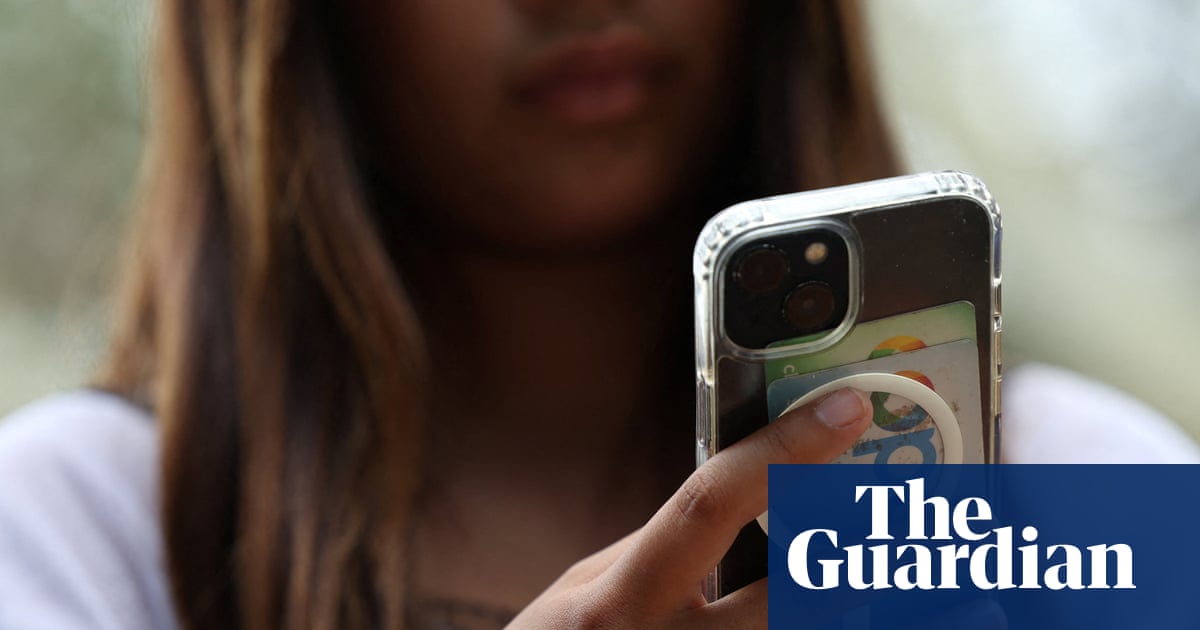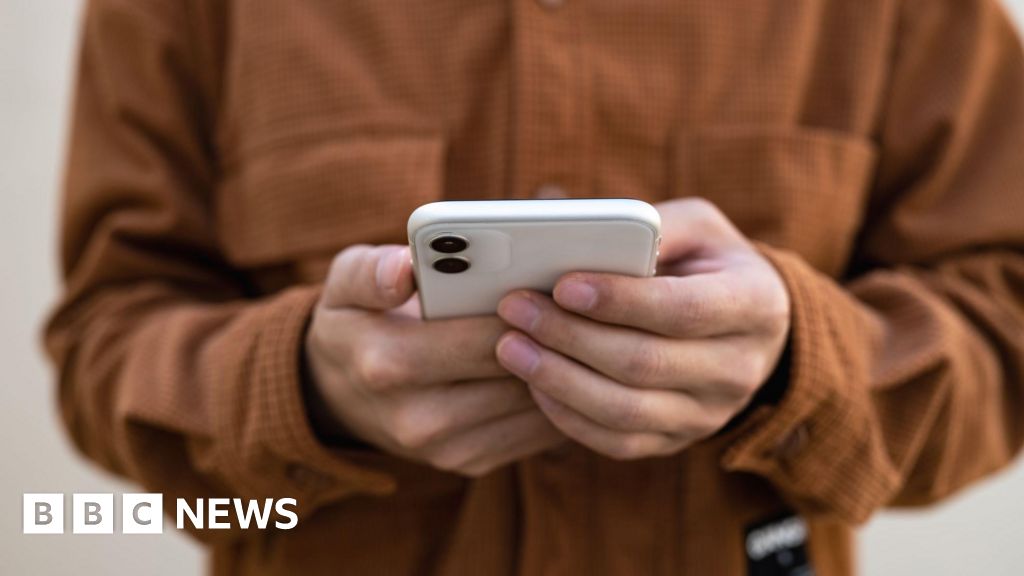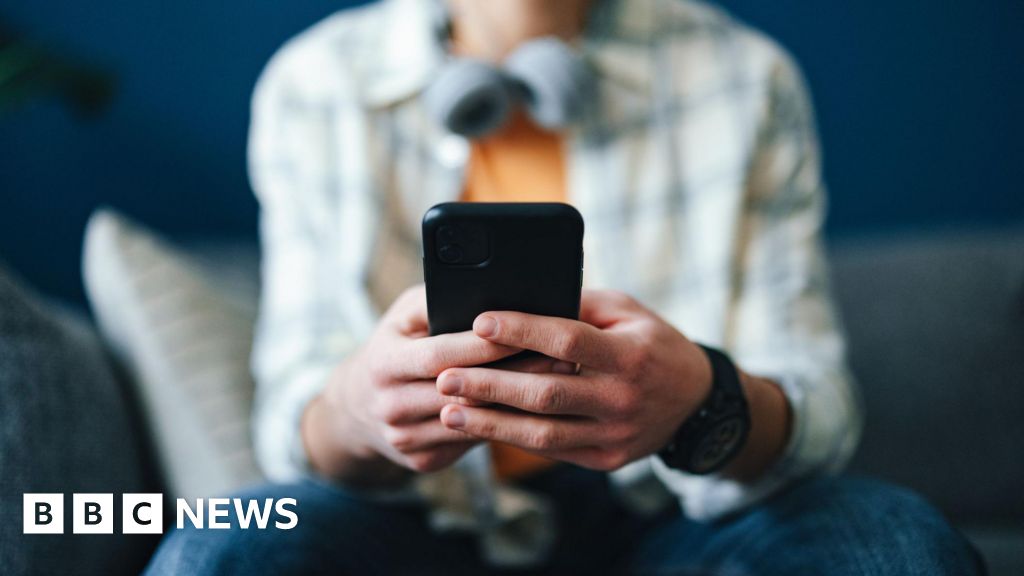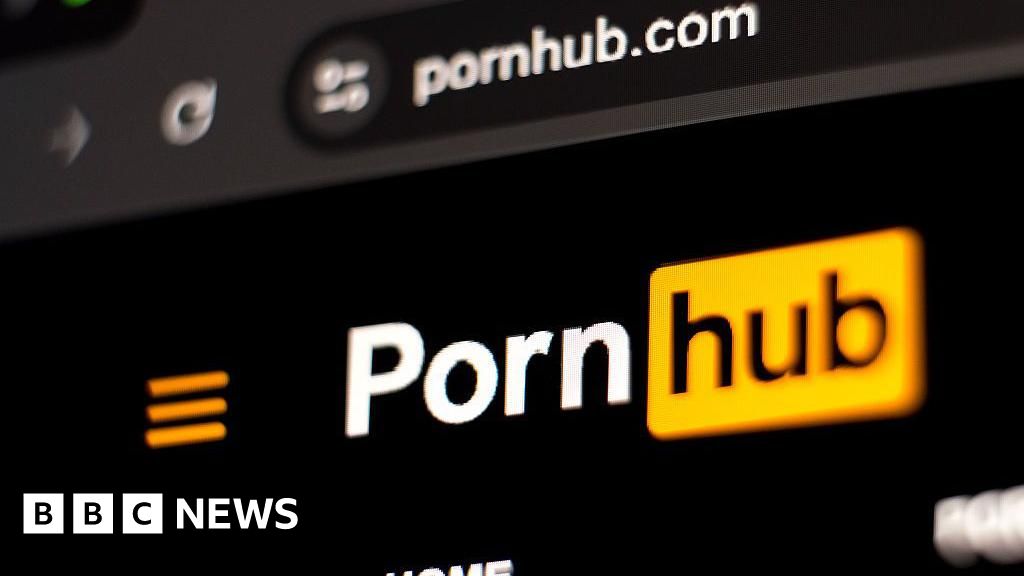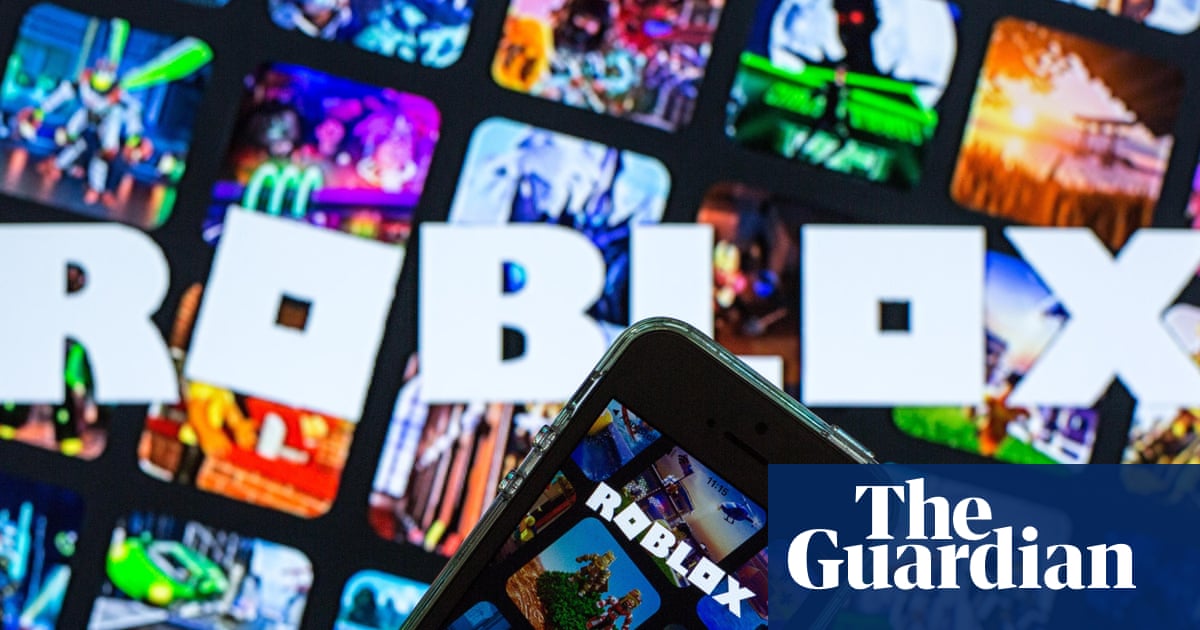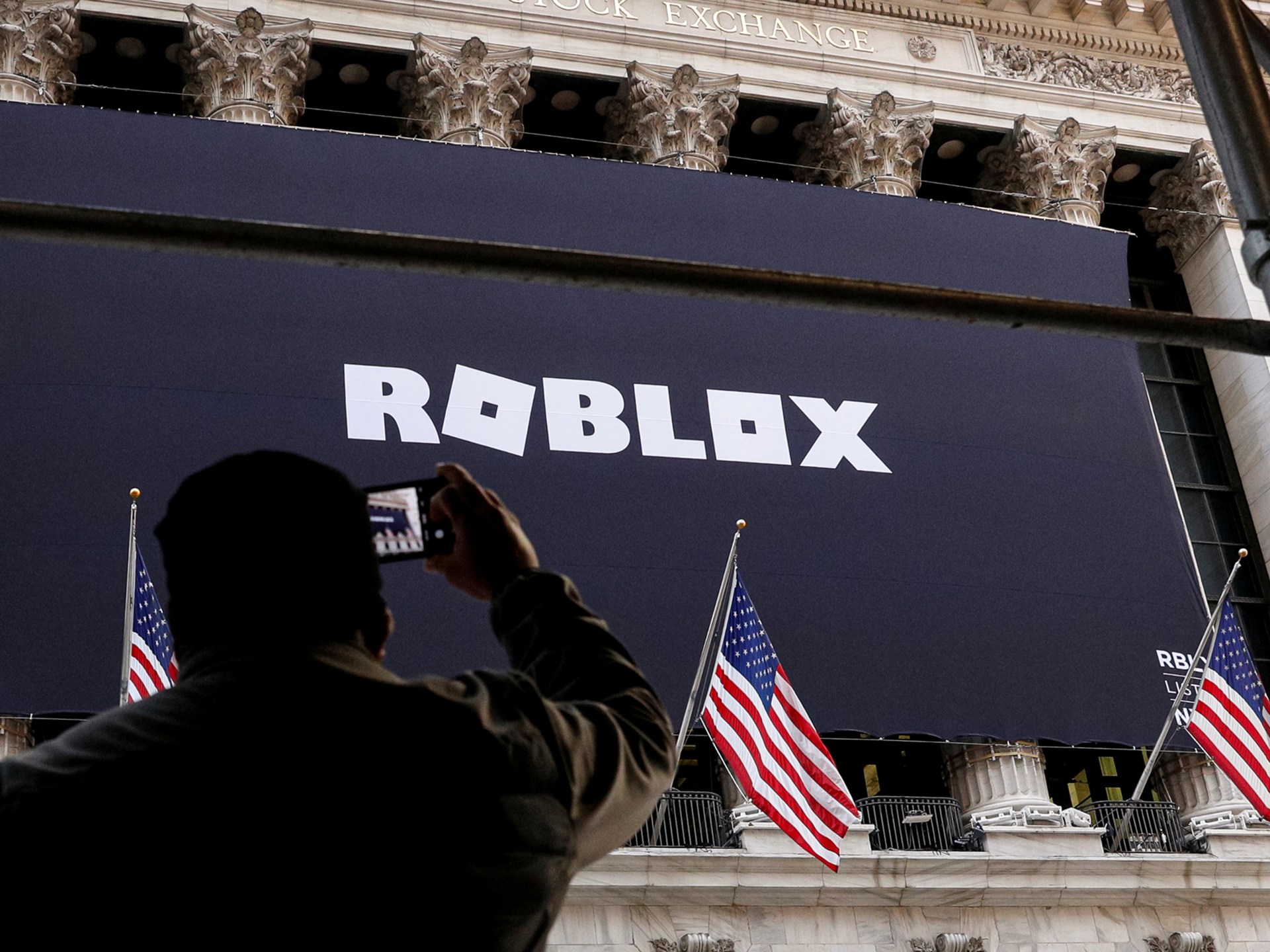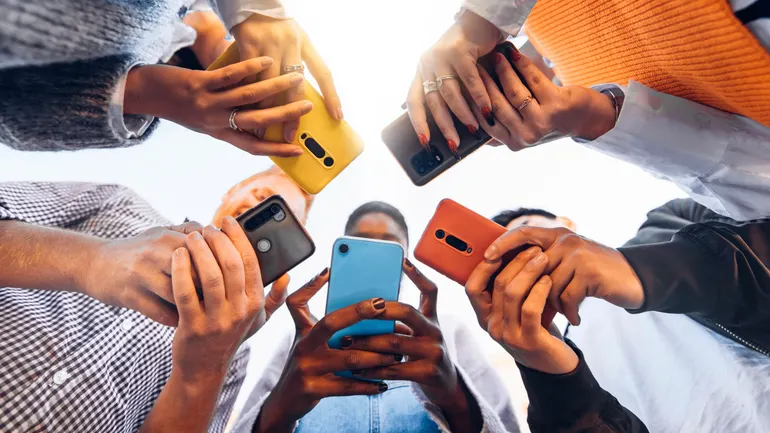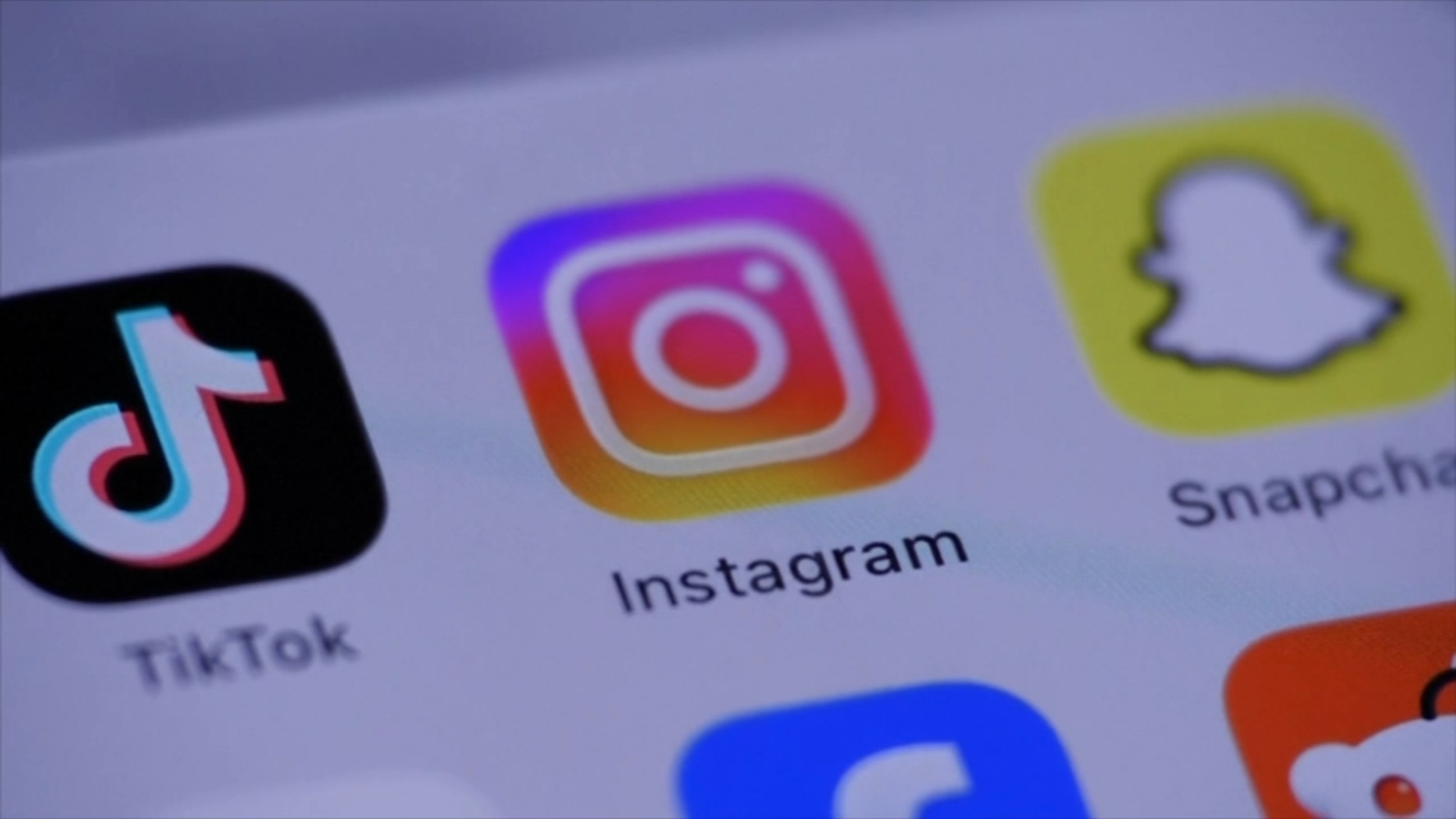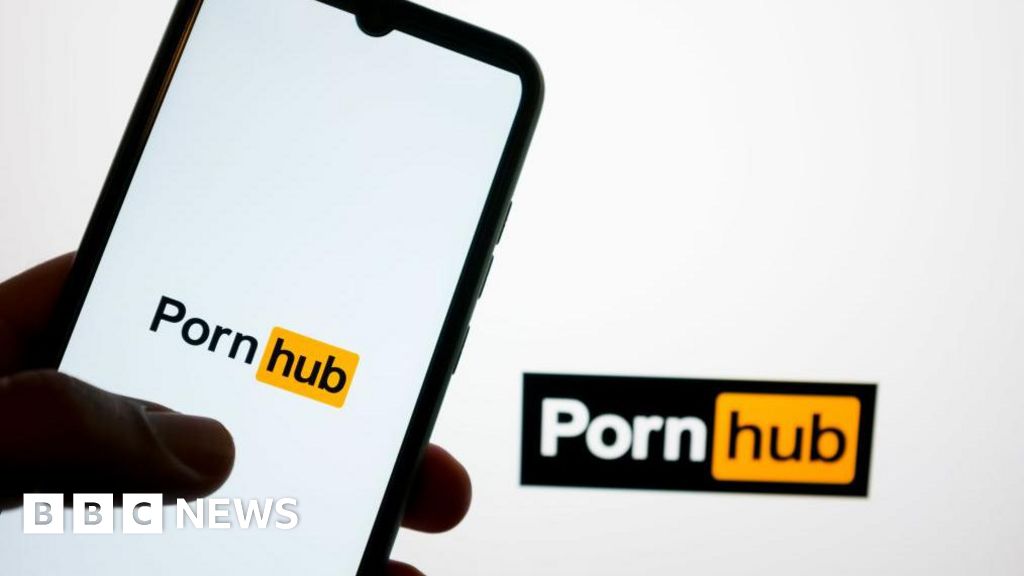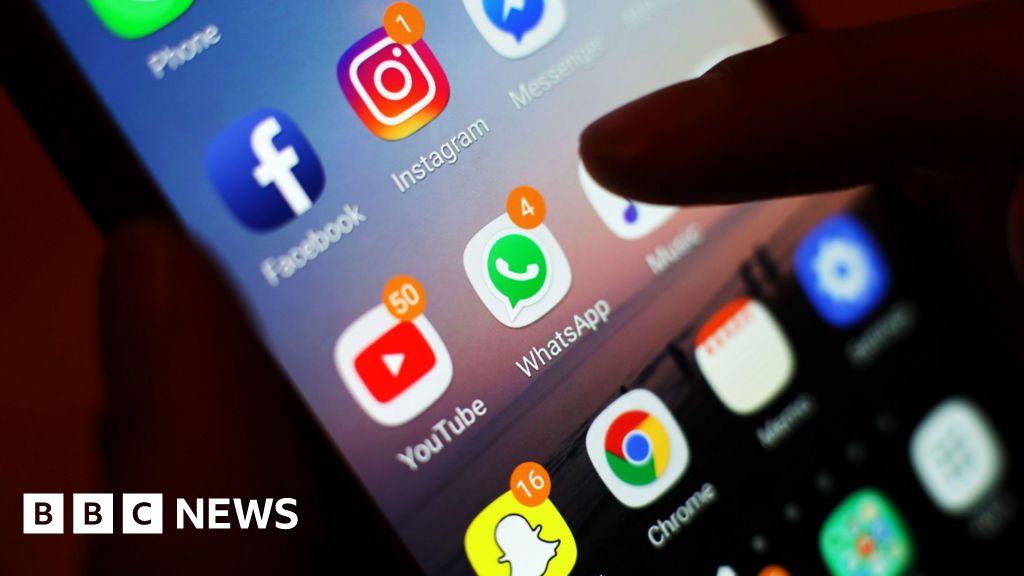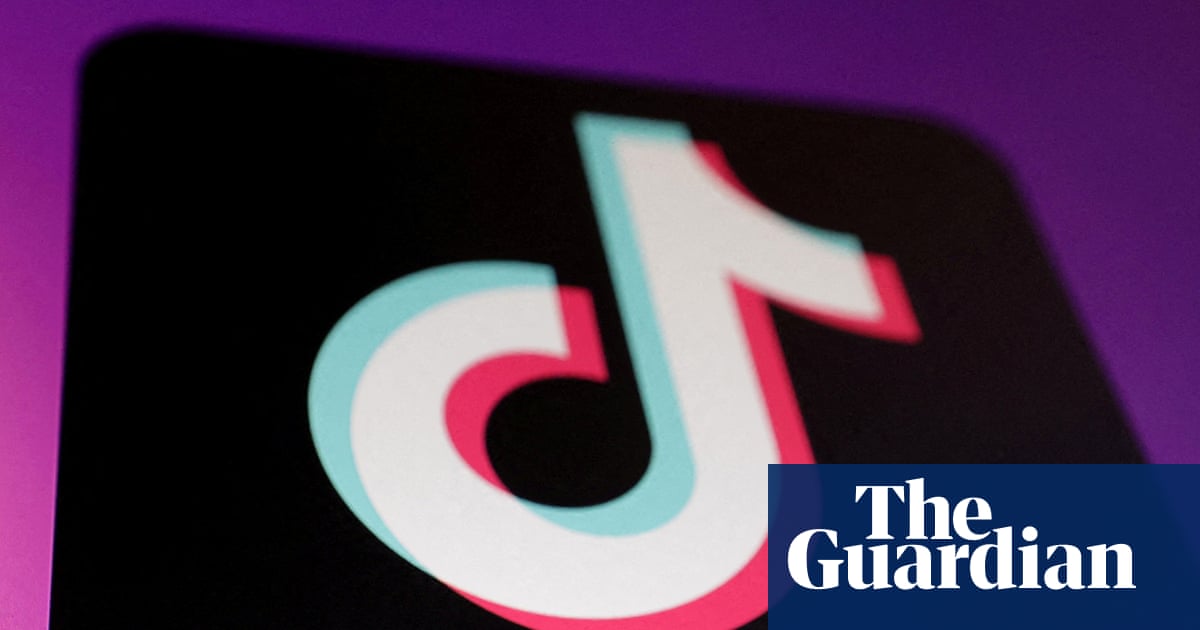#age-verification
#age-verification
[ follow ]
#social-media-regulation
Digital life
fromwww.theguardian.com
6 hours agoHundreds of UK teenagers to pilot social media bans and restrictions
The UK government is launching trials with hundreds of teenagers to test social media bans, overnight digital curfews, and daily screen time limits as part of plans to restrict smartphone use for under-16s.
Privacy technologies
fromTechCrunch
9 hours agoLet's explore the best alternatives to Discord | TechCrunch
Discord's planned age verification requirement by mid-2026 and past security breach prompt users to explore alternative platforms offering better privacy, security, and different communication experiences.
Privacy professionals
fromFortune
2 days agoTrump's FTC backs off social media regulation despite finding that nearly 20% of America's children are online for 4 hours or more | Fortune
Social media platforms now collect children's personal data for age verification after the FTC carved out a COPPA exception, creating a privacy paradox where data collection ostensibly protects minors.
Privacy technologies
fromPrivacy International
3 days agoDiscord pushes back age verification after security risks revealed
Age verification systems create significant privacy risks by collecting sensitive biometric and identity data that cannot be recovered if compromised, and normalizing pervasive digital identity checks across the internet.
fromThe Verge
4 days agoApple brings age verification to UK users in iOS 26.4 beta
Apple says users who don't confirm their age "will not be able to download and purchase apps or make in-app purchases." Apple may automatically confirm that users are over 18 using the payment method connected to their account, or the age of their account. Otherwise, Apple may ask users to scan their credit cards to confirm their age.
Apple
fromSecurityWeek
4 days agoReddit Hit With $20 Million UK Data Privacy Fine Over Child Safety Failings
Children under 13 had their personal information collected and used in ways they could not understand, consent to or control. That left them potentially exposed to content they should not have seen. This is unacceptable and has resulted in today's fine.
Privacy professionals
Information security
fromKotaku
1 week agoHackers Raise The Alarm About Discord's Recent Age-Verification Partner - Kotaku
Persona's weak security enabled hackers to access biometric data and revealed extensive surveillance, including facial scanning against watchlists, raising privacy and government-collaboration concerns.
UK news
fromComputerWeekly.com
1 week agoBusinesses may be caught by government proposals to restrict VPN use | Computer Weekly
Limiting VPN use to under-16s risks disrupting legitimate business operations and weakening privacy and cybersecurity protections without clear carve-outs or implementation details.
Privacy technologies
fromTechCrunch
2 weeks agoDiscord to roll out age verification next month for full access to its platform | TechCrunch
Discord will default all users to a teen-appropriate experience and require age verification to access adult features, unblur sensitive content, or join age-restricted channels.
fromReadWrite
3 weeks agoConnecticut governor moves to restrict prediction markets
The bill zeroes in on prediction market platforms that let users buy and sell positions on future events through a bid-ask system. Topics can range from elections to economic indicators. The legislation draws clear boundaries, explicitly excluding sports wagering, online casino gaming, internet games, and traditional securities or commodities trading already governed by existing law. If approved, the measure would make it illegal for any prediction market platform operating in Connecticut to allow a resident under 21 to register or open a speculative position.
US politics
fromBusiness Matters
3 weeks agoICO fines Imgur owner 247k over children's data failures
The Information Commissioner's Office (ICO) has imposed a £247,590 penalty on MediaLab.AI, Inc, concluding that the company allowed children to access Imgur for years without putting in place even basic age-checking safeguards required under UK data protection law. Following a long-running investigation, the regulator found that MediaLab failed to establish the age of Imgur users, processed the personal data of children under 13 without parental consent, and did not carry out a data protection impact assessment to identify or mitigate risks to younger users.
EU data protection
US politics
fromBusiness Insider
3 weeks agoAmerica is banning more and more kids from social media. That's bad news for kids.
Governments and platforms are imposing parental controls, age-based restrictions, and potential age verification to limit teen access to potentially harmful social media content.
fromSocial Media Today
3 weeks agoSpain Announces Teen Social Media Restrictions
As reported by Politico, Spanish Prime Minister Pedro Sánchez has announced that social platforms will soon be required to implement effective age verification systems, in order to stop young teens from accessing their apps. And to some degree, that does seem to be working. Meta says that it's which it believes belong to young users, while Snapchat has restricted 415k accounts.
Miscellaneous
World news
fromwww.theguardian.com
4 weeks agoSnapchat blocks more than 400,000 Australian accounts but warns of significant gaps' in under-16s social media ban
Snapchat disabled or locked over 415,000 Australian accounts identified as under-16, but age-verification limits and app gaps risk undermining the ban.
fromTODAY.com
1 month agoStudy Finds This Is How Teen Boys Are Being Lured Into Gambling
No longer is gambling confined to Las Vegas casinos. A 2018 landmark ruling by the Supreme Court allowed states to legalize sports betting, opening the doors to new types of online gambling and games of chance. 'Young boys are largely being pulled into this universe online by algorithmically sent messages,' said Steyer of online games that include chances to open loot boxes and 'win' a prize. 'It seems so innocent, but in fact, it's no different than going into a casino and putting down five or $20 on a hand of blackjack.'
Parenting
fromWIRED
1 month agoThe State-Led Crackdown on Grok and xAI Has Begun
Kupper, who sponsored Arizona's age verification law, tells WIRED he stuck to the one-third threshold because it's been previously upheld by the United States Supreme Court. He says he's heard estimates that 15 to 25 percent of accounts on X are at least somewhat pornographic, but he's not sure how accurate that is, nor does he think it's "feasible" to analyze such ratios on every website. X did not respond to questions about what percentage of the platform it considers pornographic.
Law
California
fromThe Mercury News
1 month agoThis proposed California ballot initiative aims to protect children who use AI chatbots
The Parents & Kids Safe AI Act would require AI companies to implement age verification, restrict harmful AI interactions with minors, and authorize California enforcement.
Miscellaneous
fromWIRED
1 month agoAge Verification Is Reaching a Global Tipping Point. Is TikTok's Strategy a Good Compromise?
Governments are restricting children's social media access, prompting platforms like TikTok to deploy age-detection systems and human review to enforce minimum age requirements.
fromThe Verge
1 month agoChatGPT is using age prediction to restrict what minors see
OpenAI has added age prediction features to ChatGPT, meant to identify and bolster protections for underage users. These age detection plans were announced in December alongside updated guidelines for interacting with teens, and follow a rise in similar age-gating efforts from online platforms, including Instagram, YouTube, TikTok, and Roblox. ChatGPT's age prediction model works by examining behavioral and account-level signals, including a user's stated age, how old the account is, when the user is active, and usage patterns over time.
Privacy technologies
fromEngadget
1 month agoOpenAI is launching age prediction for ChatGPT accounts
The AI business is beginning a global rollout of an age prediction tool to determine whether or not a user is a minor. "The model looks at a combination of behavioral and account-level signals, including how long an account has existed, typical times of day when someone is active, usage patterns over time,and a user's stated age," the company's announcement states.
Artificial intelligence
fromElectronic Frontier Foundation
1 month agoThe Worst Data Breaches of 2025-And What You Can Do | EFFector 38.1
We're diving into these data breaches and more with our latest EFFector newsletter. Since 1990, EFFector has been your guide to understanding the intersection of technology, civil liberties, and the law. This latest issue tracks U.S. Immigration and Customs Enforcement's (ICE) surveillance spending spree, explains how hackers are countering ICE's surveillance, and invites you to our free livestream covering online age verification mandates.
Privacy professionals
fromSocial Media Today
1 month agoTikTok Adds Teen Safety Measures in EU, Outlines Economic Contribution
In the coming weeks, we will begin to roll out enhanced technology in Europe to further support how our moderation teams detect and remove accounts that belong to someone under the age of 13. This follows an initial pilot in Europe over the last year, which led to the removal of thousands of additional underage accounts.
Miscellaneous
Brooklyn
fromBrooklyn Paper
1 month agoHochul backs Stop Online Predators Act in 2026 budget to protect kids online * Brooklyn Paper
New York proposes stricter laws requiring age verification, default privacy protections, parental controls, and penalties to prevent online child exploitation on social and gaming platforms.
fromwww.theguardian.com
1 month agoAlbanese says the social media ban is working, but it is too early to say if it has been successful
One is the feedback that we've had from parents saying, thank you for doing this, this has made a difference in our household, he said. The second is from young people themselves. There's a lot of younger people that I've spoken to who speak about, gee, we wish that was in place when I was 13 or 14. It's making a difference to my younger brother or sister'.
Mental health
[ Load more ]




